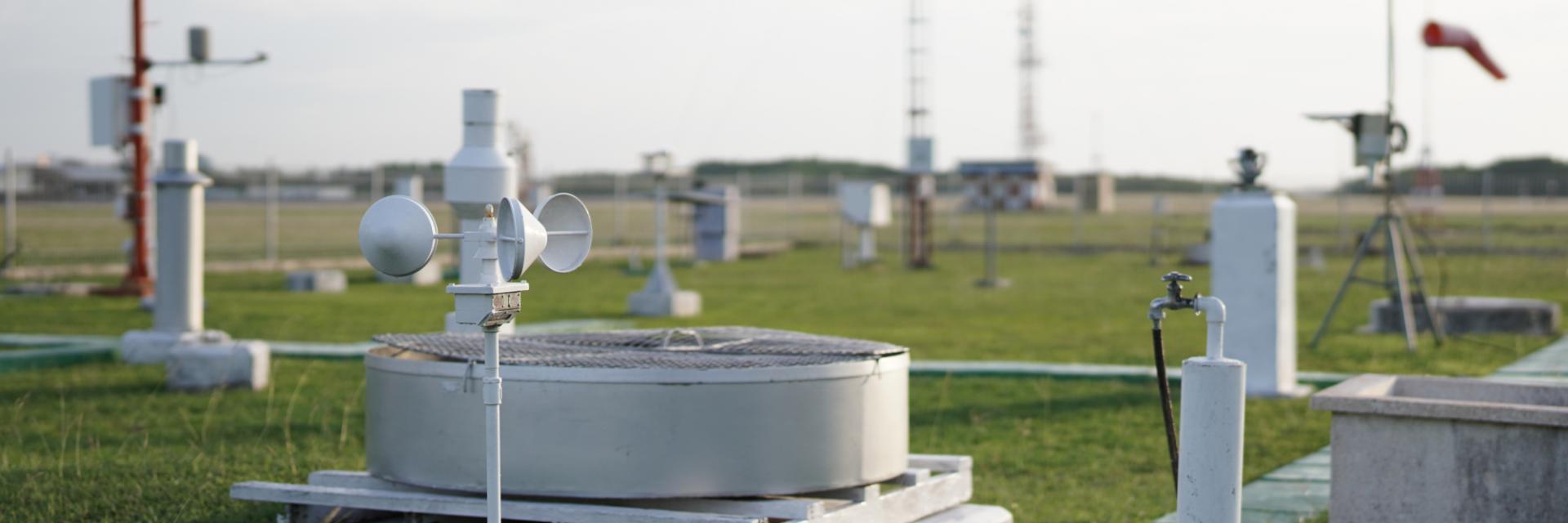Online, 28 February 2022 (ECA) – The ECA African Climate Policy Centre (ACPC) and the Fletcher School Climate Policy Lab (Tufts University) held on Monday 28 February 2021 a webinar on leveraging climate research partnerships for resilient development planning and SDG implementation in Africa.
The meeting was held ahead of the 8th session of the Africa Regional Forum on Sustainable Development (3-5 March 2022) to identify opportunities for partnerships in climate related research and projects and support governments as they seek to identify climate policies suited for their needs to build a more sustainable future for their countries.
The webinar was an opportunity for participants to present and discuss several projects including:
-
The Climate Research for Development (CR4D) Initiative, a joint partnership by ECA, the African Ministerial Conference on Meteorology (AMCOMET), the World Meteorological Organization and the Global Framework for Climate services which seeks to strengthen the link between climate science research and development planning in Africa.
-
The Climate Policy Lab (Fletcher School, Tufts University), an initiative which seeks to assess the efficiency of climate policies. The Climate Policy Lab is currently looking into building partnerships to help identify climate policies that work in Africa and contribute to the building of a resilient development model for the region.
-
The Konrad-Adenauer-Stiftung (KAS) regional programme for Energy Security and Climate Change, which seeks to build a collaboration platform for climate scientists, to facilitate climate research, help inform policy decisions on sustainable change and ultimately help strengthen the participations of experts from the global South into the IPCC process.
-
The Center for Global Equality (CGE), which brings together researchers from various disciplines and collaborators from civil society, government and businesses to design innovative solutions in areas such as energy modelling, infrastructure resilience, clean transport, waste management and clean cooking, with a focus on the four billion people across the world who live on less than $4 a day.
Speakers at the meeting made several recommendations for a stronger academic involvement in low carbon development in Africa.
Key recommendations included the need for the research community to avoid working in silos, take into account the specificities of the countries they are studying and come up with concrete short and long term recommendations for policy makers and climate activists to use on the ground.
Participants called for more “citizen science”, stressing the need for researchers to stay engaged even after publishing their work including by identifying partners that can help ensure their research has an impact on policies, and monitoring the influence of research on policies carried out.
Despite accounting for less than 4 percent of global emissions, African countries are losing, on average, five percent of their GDP to climate change.
African government budgets have been under significant pressure over the last few years, due to unplanned national spendings caused by extreme weather events and the impact of the COVID-19 pandemic. This situation is currently having strong, negative implications on countries’ ability to protect their populations from climate change and achieve the Sustainable Development Goals and is making the need for suitable, evidence-based policies more crucial than ever.
Issued by:
Communications Section
Economic Commission for Africa
PO Box 3001
Addis Ababa
Ethiopia
Tel: +251 11 551 5826
E-mail: eca-info@un.org

